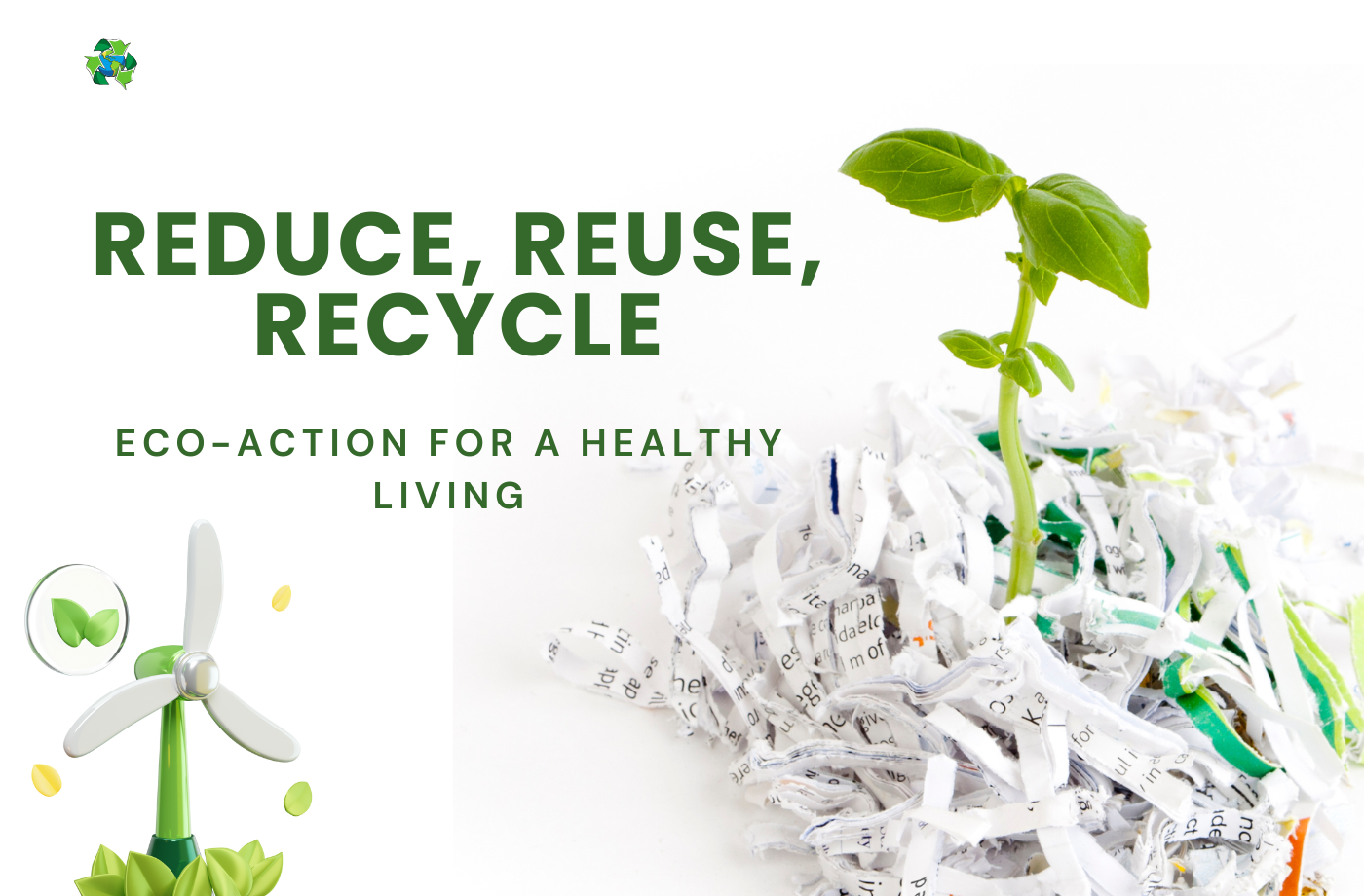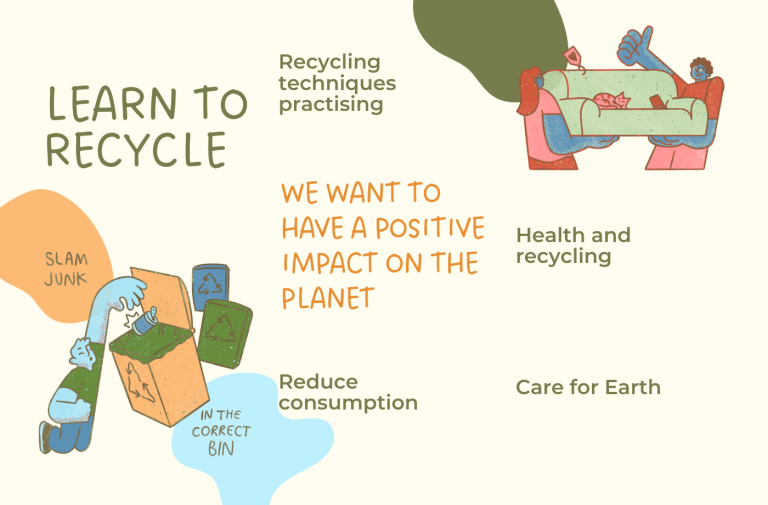Sustainability is the ability to meet the needs of the present without compromising the ability of future generations to meet their own needs. It involves the responsible and balanced use of the planet’s resources, balancing environmental, economic, and social needs to ensure long-term health and vitality.
The three pillars of sustainability
To achieve sustainable practices, there must be a balance between three core components, often called the “three pillars of sustainability”.
- Environmental (Planet): This pillar focuses on protecting natural resources and ecosystems. It involves:
- Reducing pollution and waste.
- Minimizing consumption of finite resources.
- Promoting renewable energy and conservation.
- Protecting and preserving biodiversity.
- Economic (Profit): This pillar focuses on ensuring long-term economic growth and profitability without negatively impacting social, environmental, or cultural aspects of the community. It includes:
- Promoting ethical business practices.
- Investing in sustainable technologies.
- Ensuring fair labor standards.
- Social (People): This pillar emphasizes maintaining and improving social equity, quality of life, and community well-being. It addresses issues like:
- Access to healthcare and education.
- Fair labor practices.
- Promoting equality and human rights.
Why sustainability is important
- Mitigates climate change: Promoting renewable energy and reducing greenhouse gas emissions helps combat climate change.
- Conserves resources: Sustainability ensures that finite natural resources, such as water and fossil fuels, are used responsibly so they are available for future generations.
- Enhances quality of life: Sustainable urban planning and access to clean water, food, and energy can improve public health and overall quality of life.
- Builds economic resilience: Sustainable practices can drive innovation and create new market opportunities, helping businesses and economies adapt to changing conditions and reduce risks.
- Reduces pollution: Sustainable practices help reduce air, water, and soil pollution, which in turn improves public health.



![SDG- [ SUSTAINABLE DEVELOPMENT GOAL ] MATRIX](https://bohosouq.com/wp-content/uploads/2025/02/SDG-Matrix-768x477.png)


 Rectangle Basket -24 cm length
Rectangle Basket -24 cm length  Bamboo Knotted Skewers 15 Cm .100 pcs
Bamboo Knotted Skewers 15 Cm .100 pcs 



